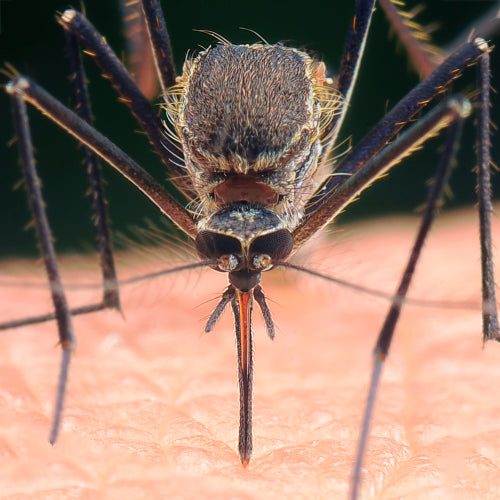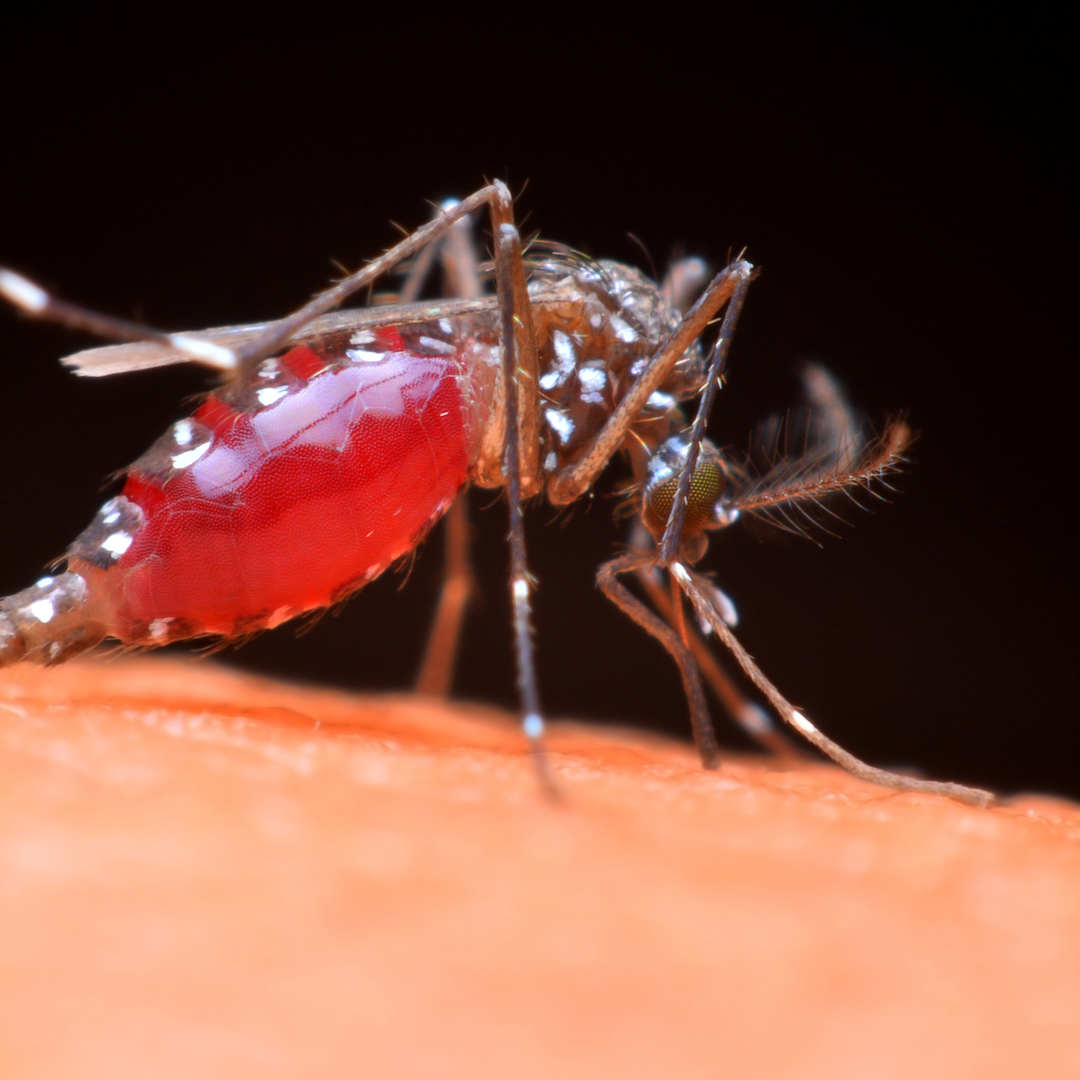
Dallas' Potential Answer to Zika
Texas is no stranger to Zika. In 2016, the virus appeared in 38 new counties in the U.S. Only four of those counties are located outside the state of Texas. Though case numbers peaked in 2016, new cases continue to be reported in 2017. In the vast majority of case, mosquitos are the culprit. These flying insects can transmit diseases quickly by coming into direct contact with their hosts’ blood.
In a place like Dallas, where mosquitos seem to be present nearly all year round, these problems can seem inescapable. But some scientists have come up with a possible method for getting rid of all those mosquitos carrying the Zika virus, and the solution is likely the last thing you’d expect: more mosquitos.
How Does It Work?
The idea of putting more mosquitos into the area seems counterintuitive, but these aren’t just any normal mosquitos. The team at a biotechnology company called Oxitec are actually proposing the use of genetically modified mosquitos. These mosquitos contain a specific gene that causes all their offspring to die within the first few days of life. That reduces the risk of mosquitos passing on the Zika virus since they won’t live long enough to feed on human blood.
Oxitec starts with a local trial before this solution is implemented (which has already been done in other areas, like Brazil, Panama, India and the Cayman Islands). During the trials, thousands of mosquitos are released in the selected area every two days. In their trials so far, Oxitec has found that after six to nine months, the population of the species of mosquitos that carry the Zika virus (Aedes aegypti) is reduced by 90 percent.
Are There Drawbacks?
Many Dallas residents are concerned about the possible side effects that genetically modified mosquitos could have on people, animals and the environment. Though most of the mosquitos will be male, which do not bite humans, about 1 in 1,500 are female. In addition, up to 5 percent of the mosquitos’ offspring could survive into adulthood. These risks have caused many locals to protest the use of genetically modified mosquitos until a safer alternative is available.
What Can I Do to Protect Against Zika Now?
Even if Dallas officials and locals get on board with using genetically modified mosquitos to reduce the spread of Zika, the method will first have to be tested in a trial. It could be quite some time before the mosquitos are actually used citywide, if at all.
Fortunately, MosquitoNix® is here for you now. A selection of customized mosquito control services are available for Dallas homes and businesses, all of which use a powerful biodegradable formula for deterring mosquitos. Our licensed professionals put an automated system in place that takes the guesswork out of protecting against Zika. If you’d like to learn more about MosquitoNix pest control services and receive a free estimate, get in touch today.
Leave a comment
Comments will be approved before showing up.
Also in Dallas Texas MosquitoNix

First Positive West Nile Virus in Dallas County, TX


